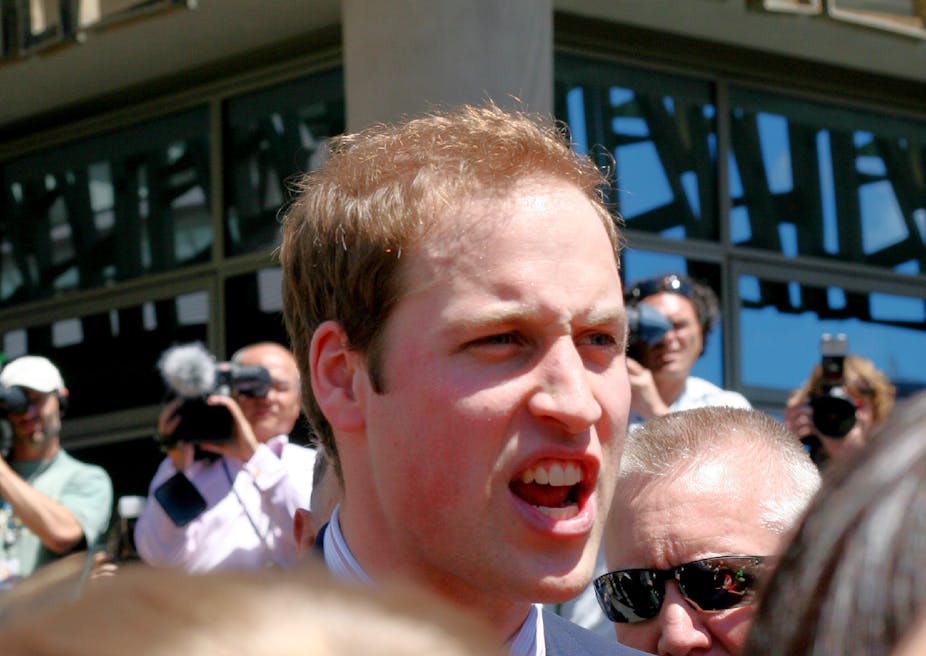An ancestor of Prince William’s from the 19th century was half Indian, according to The Times. This claim is based on analysis of his distant cousins’ DNA. We have such technology today, but how comfortable would you be to find out what your DNA tells about you on the front page of a newspaper?
Your DNA contains information about your past, present and future: From medical health, such as predispositions to diabetes, to your ancestry, such as whether they were Indian or African.
Genetic testing, in whatever form, will reveal something personal about you and your relatives. But the trouble is that even though your DNA makes you unique, it is not so special. There are more commonalities betweeen our DNA than there are differences. We are all related to each other in some way.
This is a tension that clinical geneticists and genetic counsellors routinely deal with when working with families affected by inherited disease. This is also why genetic testing in health services have developed with the family in mind, rather than the individual.
There are four moral and ethical principles most commonly applied to genomic research as well as clinical genetic practice. They can be summarised as: allow people to make their own minds up about whether to be tested or not (autonomy), do no harm (non-malificence), do good (beneficience), and create a just and equitable product or service (justice).
Let’s apply those principles to William’s case.
First, there was no autonomy. He was not personally tested and so he did not make a decision about this. Also, we are also not sure whether he was given a choice about the story running.
Second, is this information potentially harmful to William? Only he can comment, but personally I would be miffed if genetic information about my ancestry was shared with the world before I knew it.
Third, this story could do William some “good”. Again only William can say whether the Anglo-Indian relationship plays to his advantage. However, irrespective of this, I would doubt that the primary motives behind the testing were to do good for William.
Finally, the article in The Times ran with an advert for the company that did the testing. While this appears distinctly distasteful, the bottom line is that such testing is not available for all (unless you can pay) and there was no equity in decision-making, because William had no choice.
A team from Harvard University recently revealed that 40% of publicly available, supposedly anonymous, DNA sequences could be linked back to the individual who gave them. Thus anyone providing DNA for research must be counselled to the fact that there is always a chance of being identified and personal medical information being shared. Once identified then so too can his or her family.
Anyone in the public eye is particularly vulnerable - genetic exploitation is possible on scales never imagined before. While it might titillate the masses to discover that William has Indian ancestry, we should never forget that there is a real person with real feelings behind this story.
Genetics unites all of us. But revealing personal information about somebody, without their consent, irrespective of their position or status, is potentially harmful. While the discussion is about ancestry today it could be more serious if predispositions to life-threatening conditions are revealed? If it were me, I’d rather know this first and have a chance to talk to my family before anybody else knows about it.

